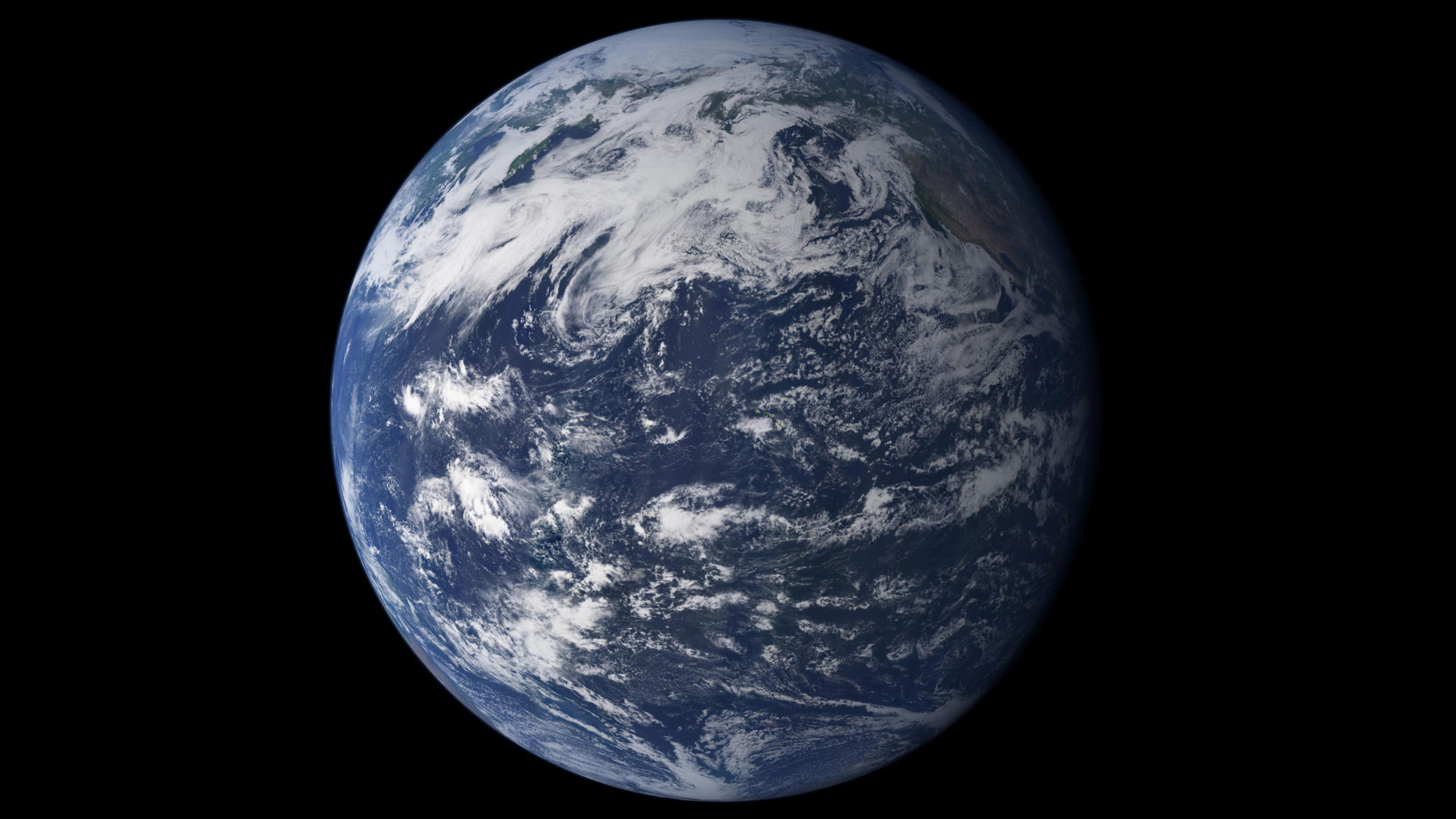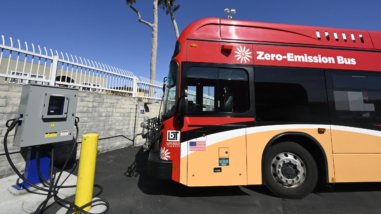For those who care about the future of our planet, last week offered an unexpected glimmer of hope from the president-elect. For the first time, Donald Trump indicated he was open to fulfilling our international commitments on climate change, and he said that clean air and water are “vitally important.”
Or maybe not. Days later, his incoming chief of staff made clear that the president-elect views the almost universal consensus on climate science as “a bunch of bunk.”
As friends of mine on both left and right will tell you, I am resolutely tolerant of reasonable disagreement. But disagreement on this is no longer reasonable. The time is way past when denial of climate change is remotely plausible. The evidence that our climate is changing and that the change is caused by humans is, by now, so overwhelming that rejection can no longer be excused as anything other than willful ignorance.
The amount of evidence is monumental: literally thousands of studies done over decades by thousands of scientists in hundreds of institutions working across dozens of disciplines. As one would expect, there have been fits and starts, uncertainties and disagreements. But the evidence, fairly interpreted, now points incontrovertibly to the conclusion that we are causing our planet to warm.
Given the technical nature of so much of this evidence, cognitive bias cannot conceivably explain it, much less a conspiracy, which could happen on this scale only in a bad movie. It might have been possible, a few years ago, to say these are merely models, making speculative predictions. But we’re past that too, because the predictions in the models are happening, adding new layers of evidence. (It would be a pretty remarkable feat of bias to be able to contrive models ahead of time that subsequent events would meet!) Worse: the models predict a range of possibilities, and what we’re seeing is that average temperature rise is at the low end of the predictions, while harmful effects are at the high end. The only thing that can explain continued denial is deliberate ignorance, an ornery unwillingness to admit facts, and a profound indifference to the future.
The mountain of evidence, and the actual effects of climate change, have moved thoughtful policymakers everywhere to take the threat seriously. Leaders in U.S. states and cities, as well as in other developed and developing nations, are taking responsibility to deal with the economic and human consequences of extreme storms, wildfires, droughts, and storm surges—consequences that will continue to escalate unless we take steps to mitigate them. Just last week, mayors of nearly three dozen U.S. cities, in both blue and red states, warned about the cost of inaction on climate, saying, “[W]e can all agree that fires, flooding and financial losses are bad for our country, that we need to protect our communities’ most vulnerable residents who suffer the most from the impacts of climate change, and that we all need healthier air to breathe and a stronger economy.”
I disagree with many policies the Trump administration is likely to pursue. But these harms, bad as they might be if they happen, are ultimately reparable. Climate is different, because the harms about to be unleashed are irreversible. Once we cross a threshold, the damage will be locked in, though the really bad stuff won’t occur until the future. And that threshold is near. Even given doubt, a sensible person would at the very least hedge his or her bets. During the campaign, Trump took the strongest possible “hoax” line—a position he initially appeared to be standing firmly behind by putting deniers in charge of the transition, and by dedicating a huge portion of his “100 day” plan to affirmatively stopping progress on mitigating climate change and to pumping up the oil and gas and coal industries. The irresponsibility of such actions is just staggering, sentencing our grandchildren and great grandchildren and many subsequent generations around the globe to lives that will be considerably worse than they should be or need to be.
And it’s all so avoidable. The world turned a corner this past year. Between Paris and Kigali and agreements on air transportation and shipping and countless other heartening developments, the curve finally bent—putting a very manageable two degrees or better in sight. Led by the U.S., the nations of the world finally achieved a high degree of coordinated global action and cooperation. Nor does finishing the job require massive government regulation; some regulation is needed, but we mostly need modest regulation to enhance markets and to eliminate the market distorting subsidies fossil fuels now enjoy.
Once inaugurated, what will President Trump do? We can only hope. If the U.S. drops out of the Paris accord, given how large and significant a player we are, the global process might be crippled and could even grind to a halt. The stupendous arrogance of that—resting on claims that no other nation in the world, no learned organization in the world, not even any other conservative party in the world still profess—is just beyond belief. It would be unforgiveable.
Please, President-elect Trump, surprise us.

 NASA
NASA


